Every agency should have a time code for walking without headphones.
I’ve been in a motivational mental slump (the reason this is going out now) because I’ve been skipping my morning dog walk in an effort to be more productive.
Realized this morning that is like skipping the gas station in order to drive farther.
🅗🅔🅡🅔 🅘🅢 🅣🅗🅔 🅝🅔🅧🅣 🆃🅷🅸🅽🅶:
The other thing weighing on my scrambled egg brain is this workshop I’m going to be running for Mark Pollard’s Strategy Do-Together Conference. (tix here– get your company to pay for them)
The theme is “fighting against mediocrity” and my talk is about why you need to view the office (or home office) like a playground in order to not end up burnt out and worn down from being punished for caring.
I can talk about that no problem… But what does the workshop involve? Everything I think of feels too “Look at what I do” or overly manufactured “types of play” -esque.
Anyway, have thoughts on what a virtual workshop around the idea of making work feel like play? I’d love to hear it.
🅗🅔🅡🅔 🅘🅢 🅣🅗🅔 🅝🅔🅧🅣 🆃🅷🅸🅽🅶:
All the “how to” books are by people who have experienced success. What about advice from experiencing failure?
🅗🅔🅡🅔 🅘🅢 🅣🅗🅔 🅝🅔🅧🅣 🆃🅷🅸🅽🅶:
Can’t remember his name (sorry) but some former(?) ECD from W+K shared his tips to getting good creative ideas from his team. I think they apply to writing a brief just as much as responding to it.
Start by Making fun of whatever the brief says you should do
What’s the worst thing you could possibly say in an ad for this brand?
What’s true about this product or brand that they would never want you to say?
What’s the most irreverent and offensive thing you could do for this brief?
What would you do if you could ignore the laws of physics and biology?
🅗🅔🅡🅔 🅘🅢 🅣🅗🅔 🅝🅔🅧🅣 🆃🅷🅸🅽🅶:
Joel Stein made this deck on how to make an idea get remembered. In it, there is a slide or two on “super memos” – which I am stealing as a format for presenting creative to clients.
🅗🅔🅡🅔 🅐🅡🅔 🅢🅞🅜🅔 🅡🅐🅝🅓🅞🅜 🆃🅷🅸🅽🅶🆂:
A framework isn’t the answer but it can be a mnemonic device that helps you arrive at one
////
Speaking of answers, our job isn’t to guarantee success. Advertising is about upping the batting average.
////
On an unrelated note– When you ask people to tell you about love, they tell you about heartbreak.
////
When doing strategy work, what the bean counters (among others) often don’t understand is that there is a lot of work to be done that nobody will ever see.
////
As strategists (and agencies really) our job is described as figuring out how to switch on the light. But we spend most of our time keeping the lights on
////
Lifestyle brands are contemporary snake oil
////
“Anybody can play. The note is only 20 percent. The attitude of the motherfucker who plays it is 80 percent.”
― Miles Davis
🅗🅔🅡🅔 🅘🅢 🅣🅗🅔 🅝🅔🅧🅣 🆃🅷🅸🅽🅶:
🅗🅔🅡🅔 🅘🅢 🅣🅗🅔 🅝🅔🅧🅣 🆃🅷🅸🅽🅶:
This is based on Conway's Law which states that
"Organizations, who design systems, are constrained to produce designs which are copies of the communication structures of these organizations."
Why is this law that important and what does it mean?
- People: Always Start with people.
- Projects: When you start new projects: Start by thinking about how groups are organized.
🅗🅔🅡🅔 🅘🅢 🅣🅗🅔 🅝🅔🅧🅣 🆃🅷🅸🅽🅶:
A PDF I found in the archive… It’s fuckin rad.
A few examples of what to expect:
🅗🅔🅡🅔 🅘🅢 🅣🅗🅔 🄛🄐🄢🄣 🆃🅷🅸🅽🅶:
Expertise + Opportunity/Need
That’s the agency model in a nutshell. But we spend so much time salivating at every opportunity, we forget about what we are specialists in.
My family is on the construction business. My dad owns a general contracting business and I realized how much overlap there is as far as the type of jobs and who you hire for them.
As a homeowner, if I’m rebuilding my house, I hire an architect. That architect then hires a general contractor(GC). (usually there are bids but whatever)
“Here are the plans, now go build it”
The GC then produces a project plan. Here is how long it will take and how much it will cost. The architect of course probably gave an estimate, but they are not the final say on how long actual building will take.
Then the GC hires a bunch of sub contractors. Carpenters, Plumbers, Electricians, etc. They have regular guys they like to hire, but the subs aren’t always available.
But the point is, the home owner isn’t hiring electricians. Nor is the electrician trying to take business from the Architect. There are no rounds of review once the blueprints are done (and even then, there is very little room for whim opinions).
It isn’t the most efficient, but everyone is held accountable and everyone is really good at their jon because they are ding it their entire career. Instead of spending their career trying to win business that would allow them to do the work of another trade.
Yeah, everyone wants to be an architect. It’s sexy. But in the agency world right now, there is really only room for General Contractors and Specialists. And honestly, being a specialist sounds dope. Become known for what you do – not who you’ve worked with.
WEEKLY MONSTER
Starting a series of Western Movie Posters
****
StratScraps will always be free because monetizing this will make me hate doing it, and it feels kind of predatory anyway.
However, you can always buy me a coffee. The $ goes towards art supplies and actual coffee that keeps this newsletter going.





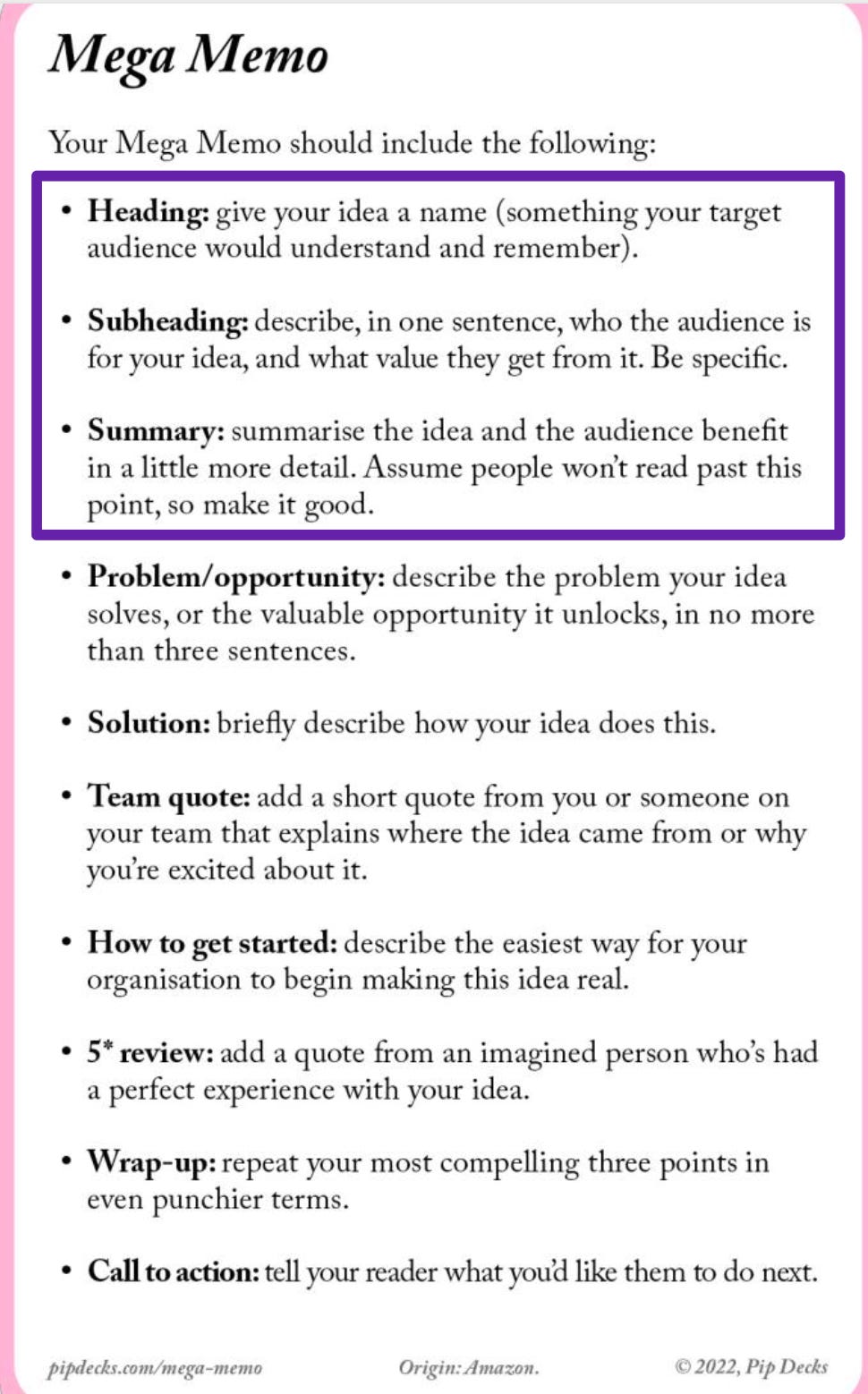

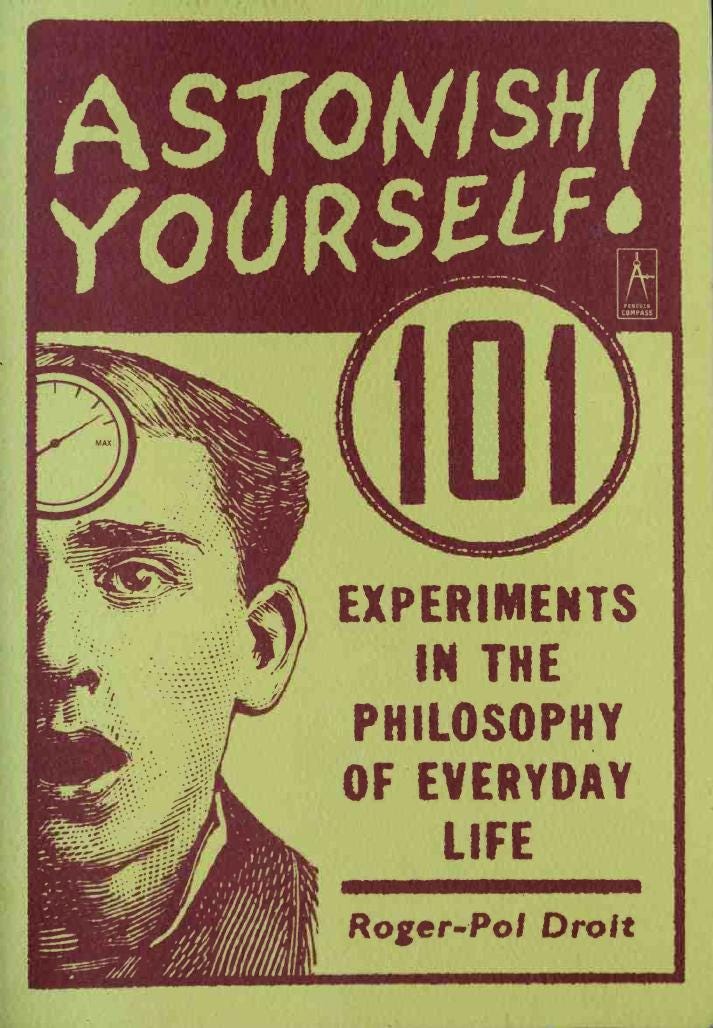
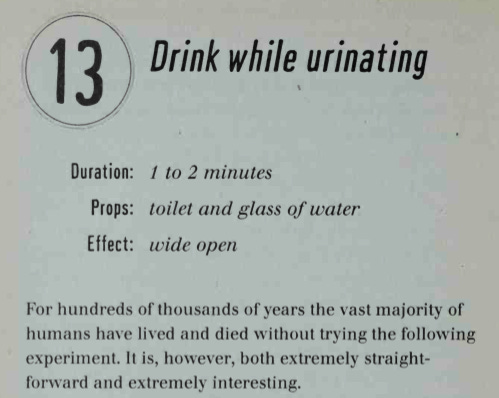

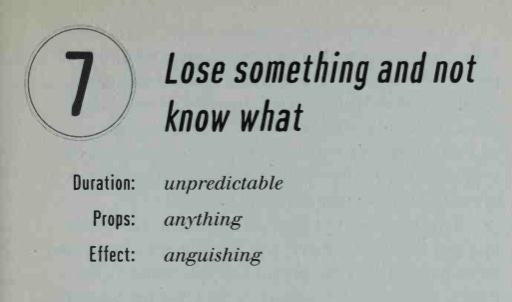
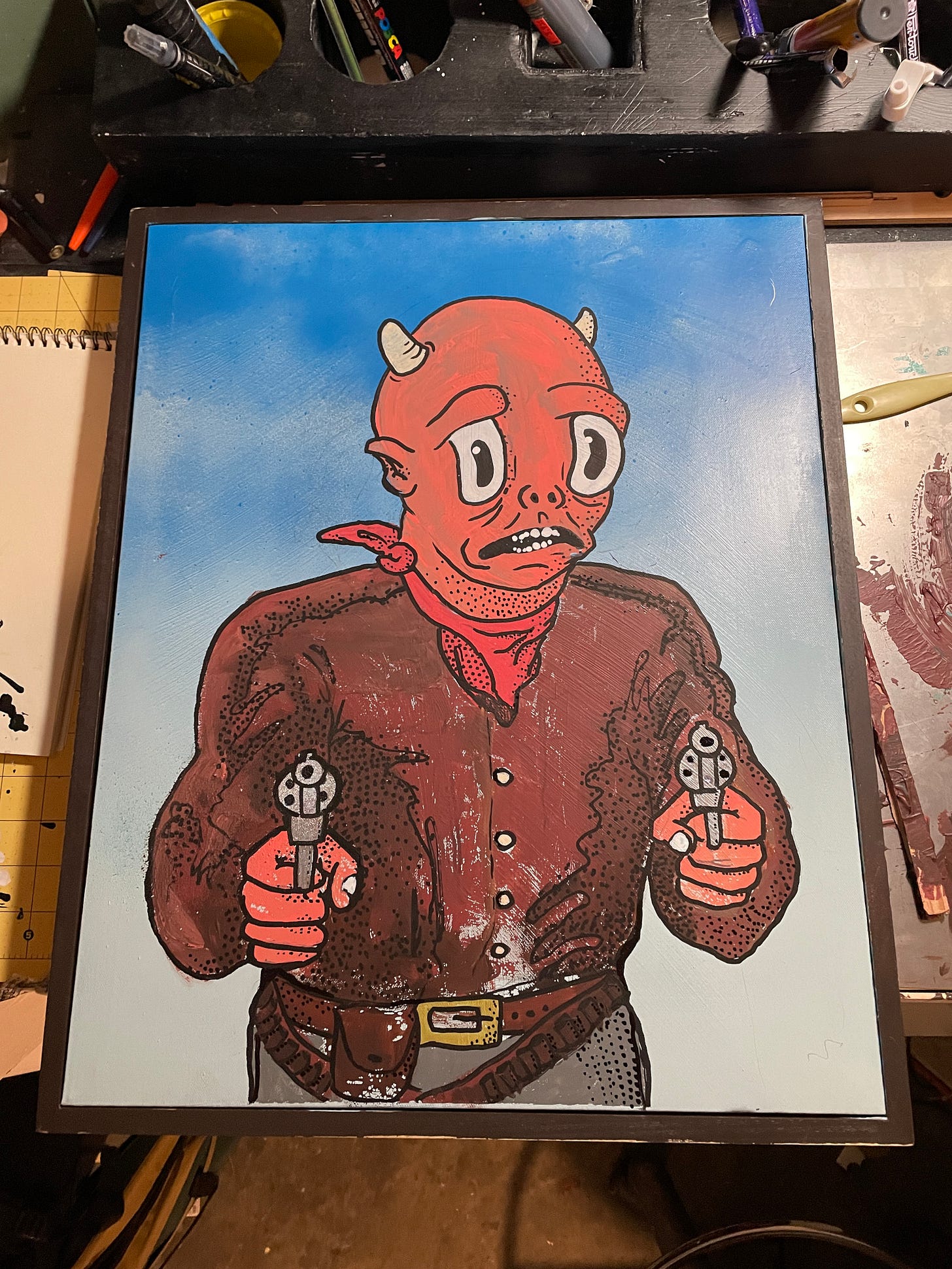
If you can find any talks by this fella online, he may help with inspo for your talk: https://www.jam-factory.com/
If you can find any talks online by this guy, he might help with inspiration for your presentation: https://www.jam-factory.com/